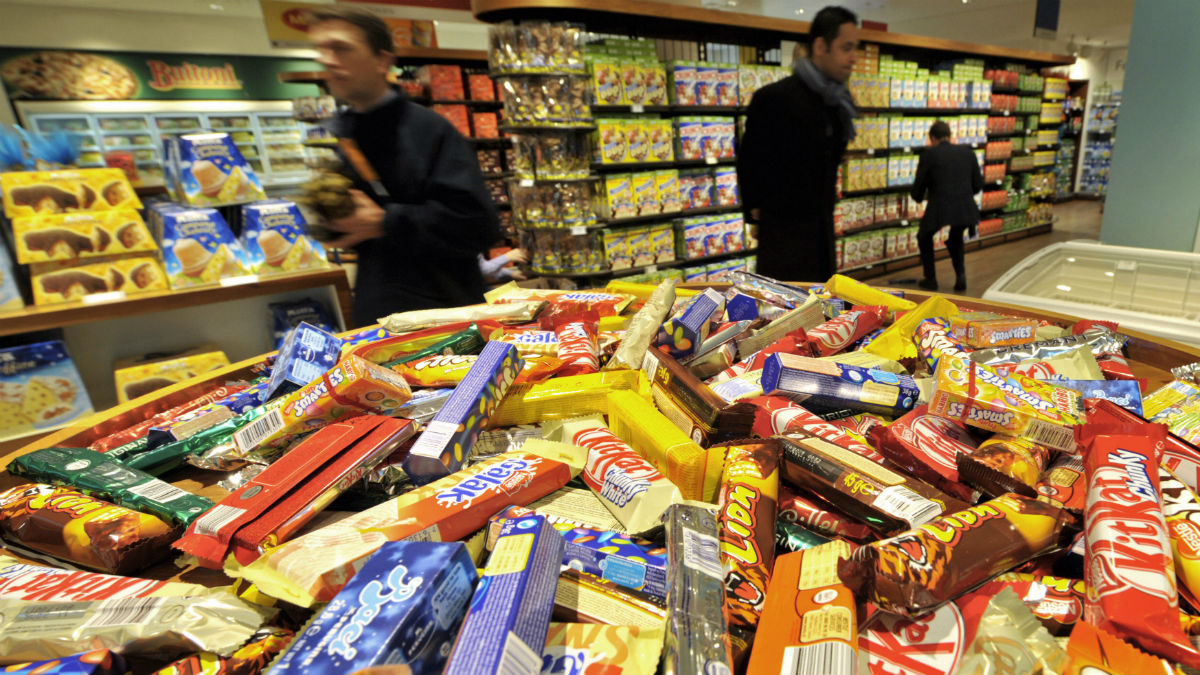Does Britain need a snack tax?
Study finds that taxing sugary snacks not drinks would cut obesity more effectively

A free daily email with the biggest news stories of the day – and the best features from TheWeek.com
You are now subscribed
Your newsletter sign-up was successful
Introducing hefty taxes on biscuits, cakes and sweets would be a more effective way of tackling obesity than the current tax on fizzy drinks and other government-led efforts to cut sugar consumption, according to new research.
A paper published this week in the British Medical Journal (BMJ) says that while the introduction of the controversial soft drinks industry levy in April last year has led to a “wave of reformulation” by the drinks industry, a voluntary sugar reduction programme in place since 2016 has seen comparably “modest impacts”.
Under the existing levy, drinks with a total sugar content above 5g per 100ml are taxed at 18p per litre, and those above 8g at 24p per litre. The Government claims that the sugar tax has reduced consumption by 45 million kilograms a year.
The Week
Escape your echo chamber. Get the facts behind the news, plus analysis from multiple perspectives.

Sign up for The Week's Free Newsletters
From our morning news briefing to a weekly Good News Newsletter, get the best of The Week delivered directly to your inbox.
From our morning news briefing to a weekly Good News Newsletter, get the best of The Week delivered directly to your inbox.
But the researchers argue that a so-called snack tax of 20% would have “huge” and far greater impact on levels of obesity in the UK. Rather than targeting unhealthy drinks, the proposal would target high-sugar snacks including biscuits, cakes, chocolates and sweets, ITV News reports.
According to the National Diet and Nutrition Survey, on average, sugary drinks contribute 2% of energy and 11% of free sugar intake, compared with 12% of total energy and 26% of free sugar intake from biscuits, cakes and confectionery combined.
Dr Pauline Scheelbeek, from the London School of Hygiene and Tropical Medicine, the lead author of the survey, said the proposed tax could cut obesity in the UK population from about 28% to about 25%.
However, The Guardian says that any such proposal “may struggle to get past the current government”, especially as Prime Minister Boris Johnson has been an outspoken critic of what he considers regressive taxes.
A free daily email with the biggest news stories of the day – and the best features from TheWeek.com
He took a stand against “sin stealth taxes” in July, ordering a review and opposing plans to extend the sugary drinks tax to milkshakes, which he said “seems to me to clobber those who can least afford it”.
Addressing this concern, the report authors suggest that the snack tax would prove justified “if decreased consumption reduced health inequalities and if revenues were to be used to amplify health benefits through subsidies for healthy foods or community intervention programmes”.